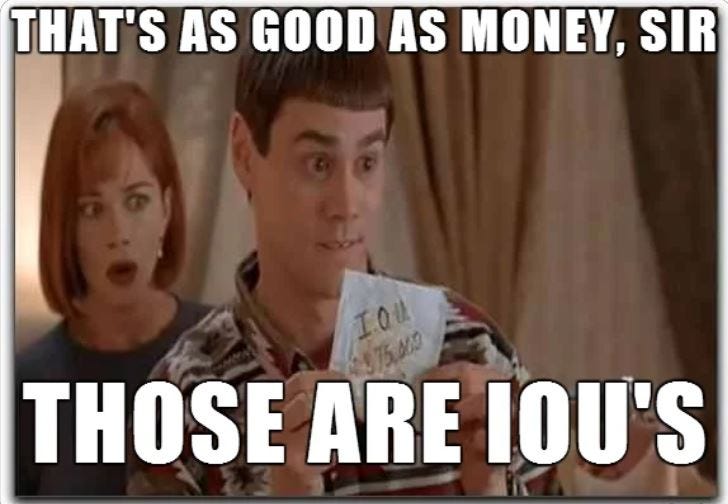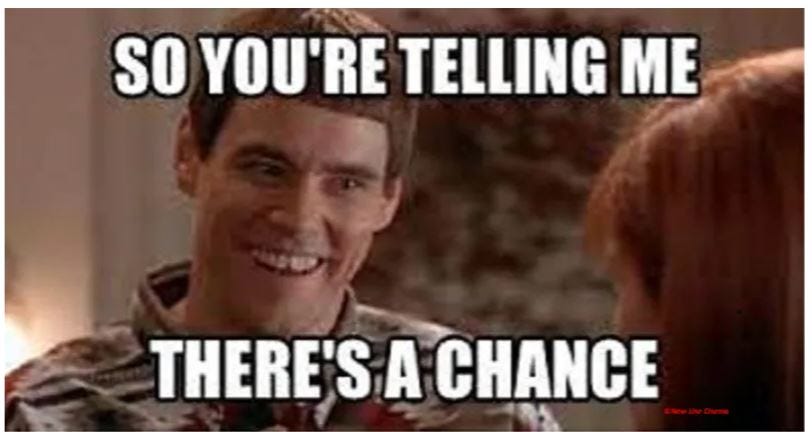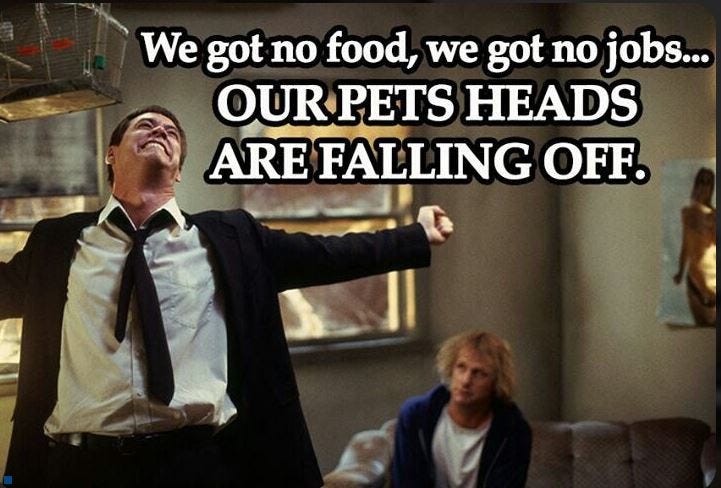What can Product Managers learn from Comedic Movies?
A Jobs-to-Be-Done Breakdown for Product Managers
Have you ever thought about why someone chooses to watch a comedic movie? On the surface, it seems simple—they want to laugh! But if we take a closer look using the Jobs-to-Be-Done (JTBD) framework, we can see that people “hire” a comedy for specific reasons. These reasons, or "jobs," help us understand the real needs behind a customer's choice.
By breaking down a comedic movie into the functional and emotional jobs it performs, we gain a structured way to analyze a market that might otherwise feel too abstract. Let’s take a closer look at how this applies to comedy films.
The Emotional Jobs: How a Comedy Makes You Feel
People don’t just watch comedies for entertainment—they watch them because of how they make them feel. These emotional jobs include:
Feel relaxed – Life can be stressful. Watching a comedy helps people unwind and escape from their worries.
Feel contented – A well-done comedy leaves viewers with a sense of satisfaction. Even if their day wasn’t great, a funny movie can lift their mood.
Feel connected – Laughter is contagious. Sharing a funny moment with friends or family helps people bond.
Feel energized – A great joke or a hilarious scene can refresh a person’s mood, making them feel more positive and ready to tackle the day.
Understanding these emotional jobs helps us see that a comedy isn’t just about delivering laughs—it’s about delivering a specific emotional experience.
The Functional Jobs: What a Comedy Helps You Do
Comedic movies also fulfill functional jobs—things that customers actively want to get done. These include:
Be entertained – This is the core functional job. A comedy keeps the viewer engaged and amused.
Pass the time – People might watch a comedy while waiting for something else, like a flight or a rainy evening indoors.
Learn social cues – Many comedic movies reflect cultural humor, helping viewers understand what’s funny and relatable in society.
Get a mental break – Comedies give viewers a way to disengage from serious thinking and recharge their minds.
Just like emotional jobs, functional jobs give us more insight into why someone chooses a comedy instead of another type of movie, like a drama or thriller.
The Power of Related Jobs: Beyond Just Watching a Movie
One of the most useful ideas in Jobs-to-Be-Done is the concept of related jobs—tasks people want to accomplish alongside their main goal.
For a comedy, a key related job is:
Connect with friends – People often discuss and quote funny movies, which creates shared experiences. Knowing popular comedies helps them bond with others, whether they’re meeting someone new or strengthening an existing friendship.
This is why some people watch comedies even if they don’t always feel like it—because it helps them participate in conversations later. By understanding related jobs, businesses can design better experiences that go beyond the product itself.
Why This Matters for Product Managers
When we apply Jobs-to-Be-Done to a comedic movie, we take a common product and dissect it into the real reasons people choose it. This method gives us:
✅ A clear way to understand the market – Instead of guessing why people pick a comedy, we can analyze the specific jobs they need done.
✅ Ideas for product improvements – If we know people watch comedies to connect with friends, we could design better social features (like built-in discussion prompts or shareable clips).
✅ Better marketing strategies – Instead of just saying, “This movie is funny,” we can emphasize how it helps people relax, connect, and feel good.
By using JTBD, we move beyond vague assumptions and gain a structured language to describe why customers make choices. Whether you’re in entertainment, tech, or any other industry, this framework helps you build products that truly meet people’s needs.
So the next time you watch a comedy, ask yourself—what job did you hire it to do? 🎬😄






